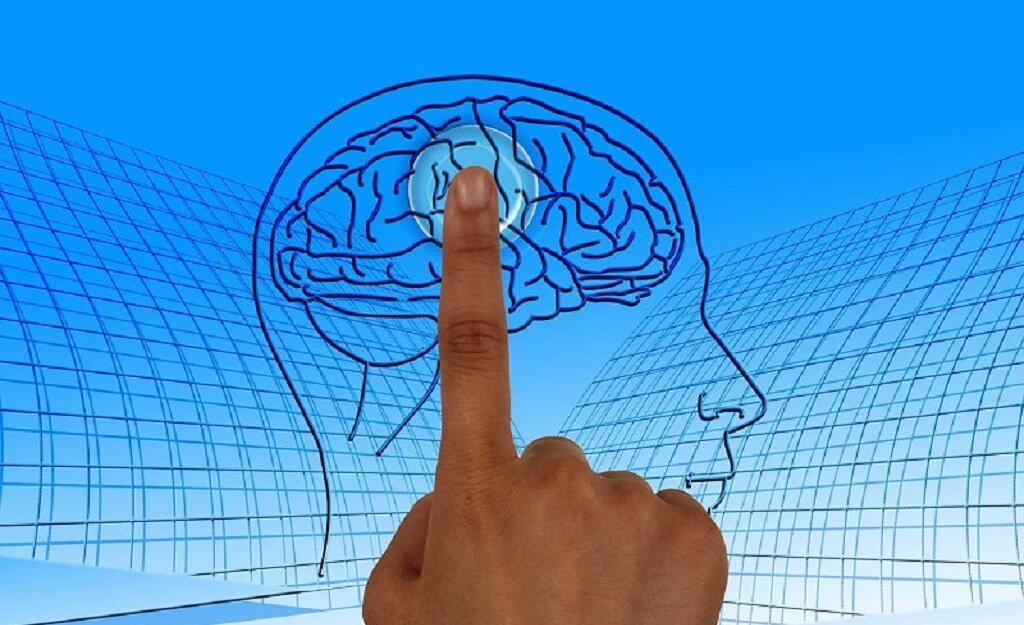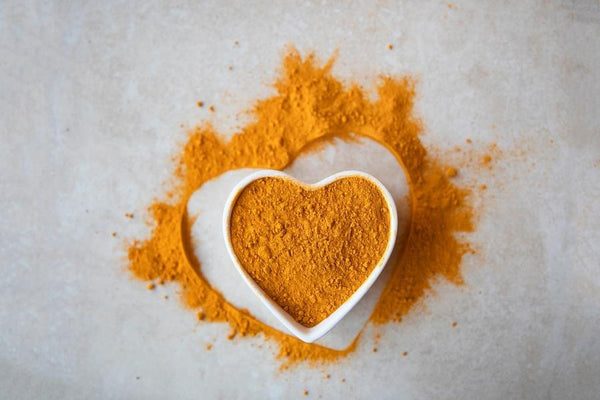The BRAIN-SKIN Axis
The skin is the largest organ of the body. It serves as a protective casing that guards the body against damage, injury and infection by modulating environmental factors such as heat, cold, ultraviolet light and air pollution.
The skin also partakes in a range of complex biological processes such as regulating body temperature through our sweat glands and blood vessels. It contains cells that help in the manufacture of vitamin D from sun exposure as well as immune system cells that are vital in warding off harmful invaders like viruses and bacteria. Nerve endings in the skin are also in constant contact with the brain which is why it responds to various external stimuli, both physically and psychologically.
The Skin & Your Emotions
It suffices to say that our skin is physically and metaphorically our protection and amour against the outside environment. Besides its primary physiological roles, the skin can also be regarded as "an organ of expression or outlet for anxiety and emotional issues.”* So it isn’t really uncommon for anxiety and psychological stress to manifest on the skin in the absence of any identifiable skin disease.
One in three people presenting with skin diseases usually has associated psychological factors.
When our skin isn't in optimal health, it can make us feel more emotionally vulnerable as well. So when we develop skin conditions like acne or dermatitis, it can be very hard on our self-esteem. This is a bit of a double-edged sword: stress and anxiety can cause acne and other skin disorders (eczema, psoriasis, vitiligo, hives, etc.) and these same skin disorders can bring about self-esteem issues and nervous system stress.
*Study: Gerontakos, S., & Casteleijn, D. (2018). The role of nervous system support in naturopathic treatment of skin disorders: A case study. Australian Journal of Herbal & Naturopathic Medicine, 30(1), 26–30.

Stress & Skin Issues
How are emotional and psychosocial stress linked to the onset of certain chronic skin conditions?
The BRAIN-SKIN axis is a concept that has been described as “the interaction between the psyche, immune system, and cutaneous inflammation”. What was found is that our Langerhans cells (LC) significantly decrease in times of acute social stress. These cells, found on the surface of the skin, operate like air traffic controllers that help prevent dangerous microbes from entering the body. Langerhans cells do this in two very different ways – by forming scar tissue or stimulating an allergic reaction.
Stress on the nervous system also alters the HPA-axis which can cause hormonal imbalances and exacerbate localised inflammation.
Social stress can make your skin condition worse.
What I want you to take from this is that our mental health is quite vital to maintaining optimum skin health as well as our overall health and wellbeing. There’s enough scientific evidence pointing to the BRAIN-SKIN axis as being particularly sensitive to psychological stress. In most instances, the root cause is more than just skin deep so decreasing your stress levels should be a priority.
Self-care should be on top of your list. Try not to sweat the small stuff. Sleep, sunshine, hydration and exercise are some of the simplest ways to release our stress. Live your life with intentions of kindness and contentment and you’ll surely bloom where you are planted. If you are feeling overwhelmed or stressed, please reach out! Most of all, never forget that you are not alone.
Your skin does NOT define you as a person and it will heal in time.






















